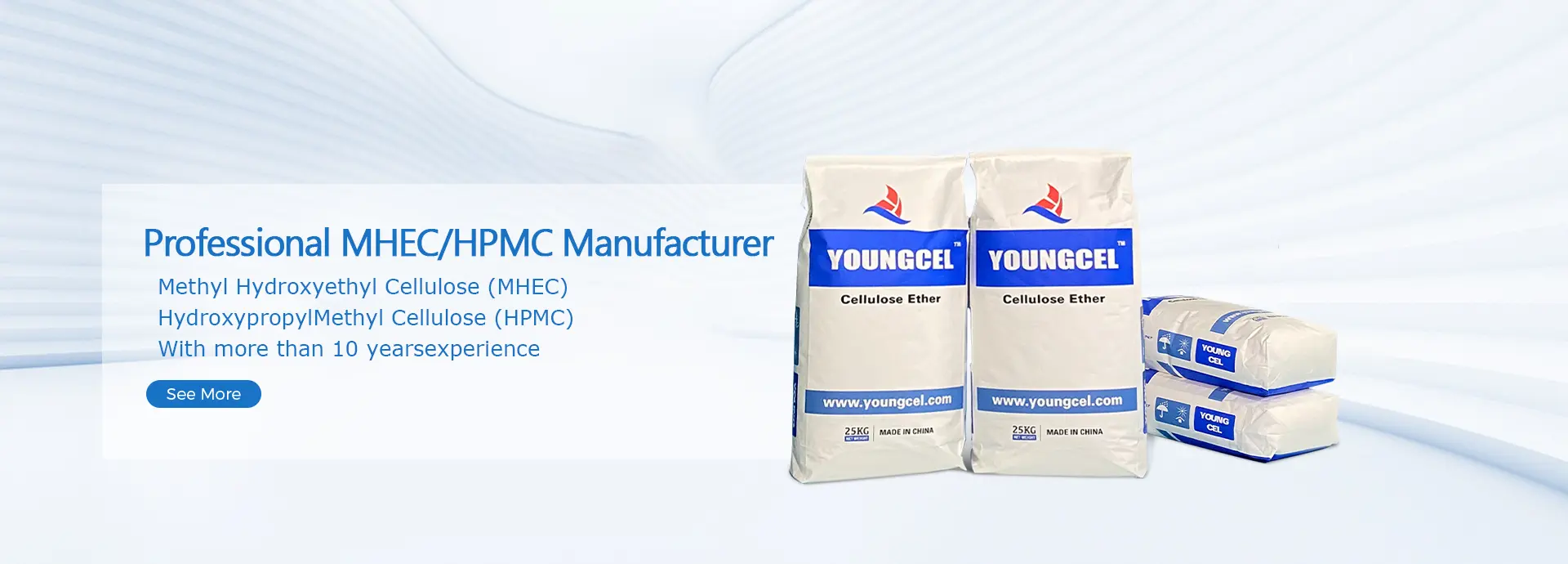Understanding Hydroxyethyl Cellulose (HEC) Properties, Applications, and Benefits
Hydroxyethyl cellulose (HEC) is a non-ionic cellulose ether derived from natural cellulose. Its chemical structure is characterized by the substitution of hydroxyethyl groups onto the cellulose backbone, which enhances its solubility in both water and organic solvents. This modification results in a versatile compound widely used across various industries, including pharmaceuticals, cosmetics, food, and construction.
Properties of Hydroxyethyl Cellulose
HEC exhibits several notable properties that make it an essential ingredient in numerous formulations. One of its key characteristics is its ability to act as a thickening agent, providing desired viscosity levels to liquids without altering their fundamental properties. This makes HEC particularly useful in products requiring a smooth and stable consistency.
Furthermore, HEC's solubility in water is pH-independent, allowing it to perform consistently across different pH environments. It is also thermoreversible, meaning that it can undergo changes in solubility with temperature fluctuations, which can be beneficial in formulations that experience variable thermal conditions.
HEC is also recognized for its excellent film-forming ability, which contributes to its use in applications where a protective layer is desired. Additionally, its low toxicity and hypoallergenic nature make it a safe choice for use in personal care and pharmaceutical products.
Applications of Hydroxyethyl Cellulose
hydroxyethyl cellulose hec

1. Cosmetics and Personal Care HEC is widely used in shampoos, conditioners, lotions, and creams due to its thickening and stabilizing properties. It improves the texture and feel of these products, enabling better spreadability and application. Furthermore, it acts as a binder in makeup formulations, enhancing the uniformity of products such as powders and foundations.
2. Pharmaceuticals In the pharmaceutical industry, HEC serves as a binder and thickening agent in tablets and gels. Its ability to form gels and provide controlled release of active ingredients makes it essential in drug formulation. Additionally, HEC can enhance the stability and shelf life of pharmaceutical products.
3. Food Industry HEC finds applications in the food sector as an additive to improve texture and stability under various conditions. It acts as a thickener and emulsifier in sauces, dressings, and dairy products, enhancing their mouthfeel and overall quality.
4. Construction In the construction industry, HEC is used in mortars, tile adhesives, and other building materials to improve workability and adhesion. Its water retention properties help maintain moisture levels, which is crucial for the curing of cementitious materials.
Benefits of Using Hydroxyethyl Cellulose
The incorporation of HEC in various formulations brings numerous benefits. Its thickening and stabilizing capabilities help achieve the desired consistency while prolonging the product's shelf life. Moreover, as a natural derivative, HEC enhances the eco-friendliness of products, aligning with the growing consumer demand for sustainable and bio-based ingredients.
In conclusion, hydroxyethyl cellulose is a multifunctional ingredient that plays a critical role across various industries. Its unique properties and versatility make it invaluable for formulators seeking to enhance the quality and performance of their products. As industries continue to prioritize sustainability and efficiency, HEC is likely to remain a staple in formulations for years to come.
-
The Application and Significance of Construction RdpNewsMay.19,2025
-
Industrial Grade HpmcNewsMay.19,2025
-
Building Coating Adhesive Building Coating Adhesive HpmcNewsMay.19,2025
-
Application Of Hpmc For Detergent For Detergent In DetergentsNewsMay.19,2025
-
Application Of Hpmc Cellulose In Cement-Based MaterialsNewsMay.19,2025
-
Application Of High Quality Hpmc For Construction In The Field Of ConstructionNewsMay.19,2025




